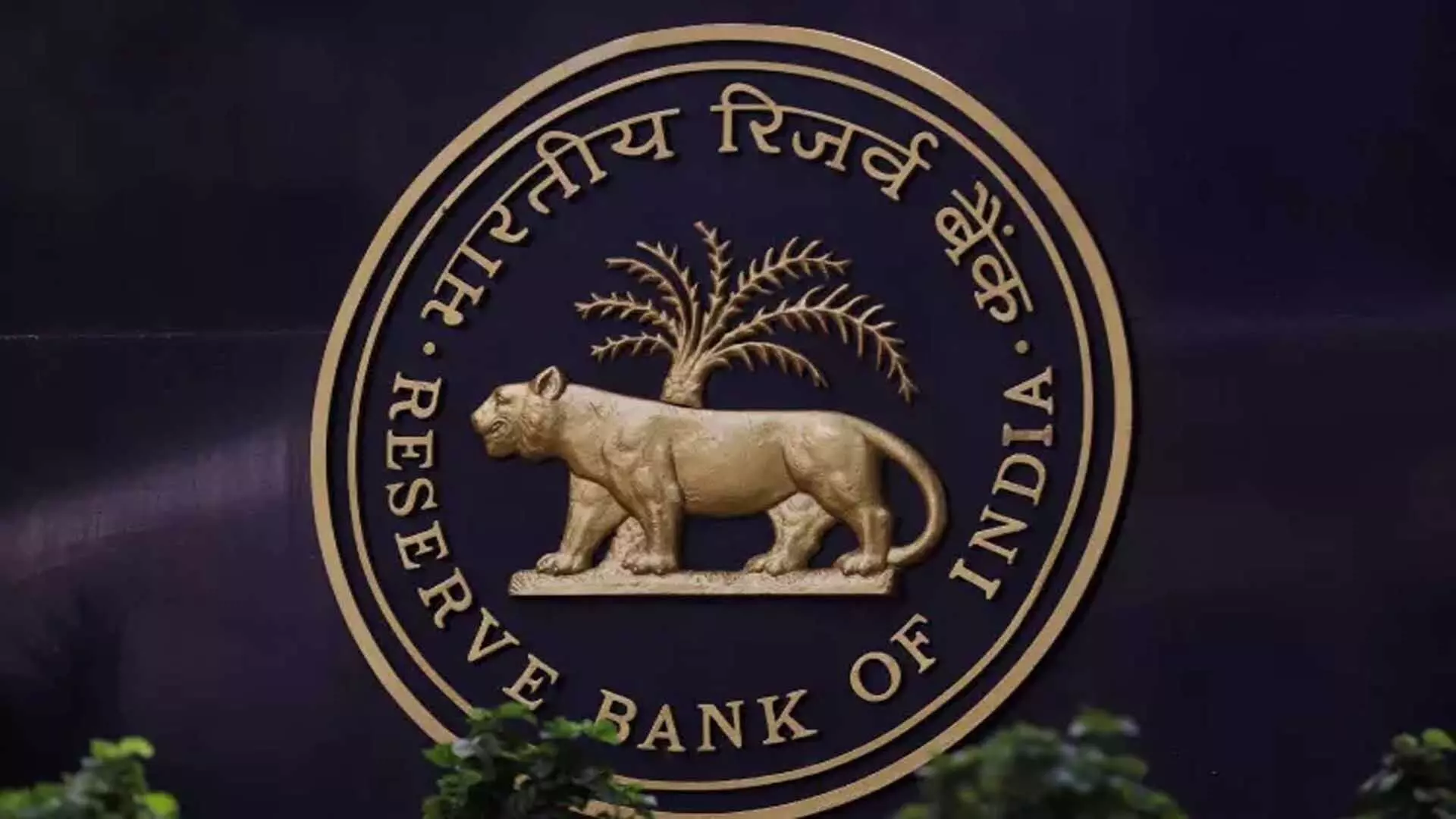NEW DELHI New Delhi: Credit rating agency Crisil said in its report that the Reserve Bank of India (RBI) may start cutting interest rates around October, provided there are no disruptions from external factors such as weather conditions and international commodity prices.The credit rating agency further projected that it expects “two rate cuts this fiscal year”.It said the decision by the Monetary Policy Committee (MPC) to keep rates steady in its recent announcement was taken due to the rise in food inflation. Climatic conditions such as weather events are changing frequently and need to be monitored.Going forward, it projected that the macroeconomic environment will improve, creating a backdrop for rate cuts.
“Food is expected to be less of a challenge for rate cuts as agricultural prospects have improved compared to last year. The monsoon has been better than normal (7 per cent above the long-term average as of August 7), and sowing has picked up across major food grains. As agricultural prospects become clearer by September, we expect the path to rate cuts to be paved,” the S&P arm said in its report.Reflecting its cautious stance amid the prevailing economic uncertainties, the RBI has decided to keep the repo rate unchanged at 6.5 per cent.The decision to keep the repo rate steady comes amid persistent concerns about inflation, which remains above the RBI’s target range. The central bank’s commitment to bring inflation to the target of 4 per cent is facing challenges due to the prevailing food inflation and other economic factors.
Noting a possible jump in core inflation, the report said factors such as international freight costs, geopolitical risks to crude oil prices and hikes in domestic telecom charges could impact this indicator. Anticipating growth, it said, “The economy’s growth momentum is expected to moderate this year with reduced fiscal support due to the fiscal consolidation effort by the government.” Announcing the MPC decision on August 8, RBI Governor Shaktikanta Das expected real gross domestic product (GDP) growth to be 7.2 per cent for FY2024-25. Governor Das emphasised that the RBI is vigilant about inflationary pressures and will take necessary steps to maintain price stability while supporting the country’s economic recovery. The MPC’s decision reflects a balanced approach, aimed at controlling inflation without impeding growth. Adjustments in the repo rate have a direct impact on economic growth and job creation. Lower interest rates stimulate economic growth by making it cheaper for businesses to borrow.
